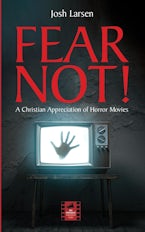- Home
- Brill Research Perspectives in Theology
- religion
- business & economics
- Economy and Modern Christian Thought

Economy and Modern Christian Thought
By: Devin Singh
Series: Brill Research Perspectives in Theology
116 Pages
- Paperback
- ISBN: 9789004516137
- Published By: Brill
- Published: March 2022
$84.00
Review by Bertolt Bundschuh forthcoming.
Economy and Modern Christian Thought, by Devin Singh, presents key features of the engagement of Christian theology, ethics, and related disciplines with the market and economic concerns. It surveys ways in which the dialogue has been approached and invites new models and frameworks for the conversation. It contends that economy and Christian thought have long been interconnected, and recounts aspects of this relationship and why it matters for how one might engage the economy ethically and theologically. Finally, it highlights a number of sites of emerging research that are in need of development in light of pressing social, political, economic, and conceptual issues raised by modern life, including money, debt, racial capital, social reproduction, corporations, and cryptocurrency.
Devin Singh, Ph.D. (2013), Yale University, is Associate Professor of Religion at Dartmouth College. He is the author of Divine Currency: The Theological Power of Money in the West (Stanford, 2018), co-editor of Reimagining Leadership on the Commons: Shifting the Paradigm for a More Ethical, Equitable, and Just World (Emerald, 2021), as well as author of numerous articles and book chapters.











